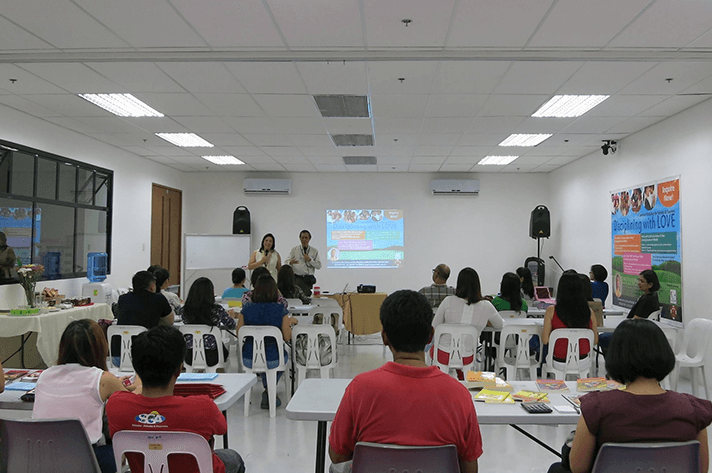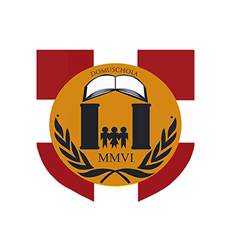
The International Baccalaureate Diploma Programme is a pre-college program for learners across the globe. A diverse curriculum allows the acquisition of vital traits and a global mindset. This article explores IB’s key components and advantages during college applications and shares how it trains pupils for future success. Comprehending the international IB program can let parents and students make well-informed judgements.
What is the IB Diploma Program?
The IB Diploma is a pre-university framework for international school students between 16 and 19. Pupils study six courses from numerous subject options and three components: ToK, EE and CAS. The IB Certification prepares learners for higher education by encouraging academic self-reliance and research skills, shaping ideal applicants for elite universities.
Perks of the IB Program for College Admissions:
1. Worldwide Recognition by Universities:
Universities globally acclaim the IB Diploma Programme for its stringent academic benchmarks and holistic approach to learning. Reputed colleges regard IB graduates for their logical thinking and research abilities. These adaptive traits make them ideal candidates for competitive undergraduate courses.
2. Competitive Edge During Admissions:
IB learners get a competitive advantage in college admissions via exposure to self-guided and interdisciplinary learning. The Extended Essay and Theory of Knowledge components demonstrate intellectual curiosity, whereas CAS activities emphasise leadership and well-rounded growth, which boosts acceptance to elite colleges.
3. College Credits and Advanced Standing:
Several leading universities grant IB diploma program holders academic credits or elevated status dependent on their learning outcomes. Impressive IB scores permit students to bypass starting classes, save money on tuition, and graduate early, providing an advantage in their educational and career paths.
Choosing Between IB and AP Classes:
1. Curriculum and Instructional Approach:
The IB framework reinforces inquiry-driven learning and transdisciplinary approaches. It supports independent inquiry and hands-on problem-solving. Unlike conventional rote learning, the program urges students to delve deeply into subjects via debates, projects, and reflective evaluations, equipping them for university-level courses.
2. Match Programs to Student Strengths:
IB offers comprehensive learning, while AP is best for individuals seeking focused subject mastery. The IB prioritises writing, inquiry, and global viewpoints, while the AP allows targeted learning. Choosing the proper path is determined by a learner’s academic skills and interests.
3. Assessment and Grading Differences:
IB evaluations integrate coursework, internal exams, and final assessments to promote analytical thinking, whereas AP relies on standardised tests. The IB’s extended essays and research-based projects review student skills, while AP focuses on high-stakes testing to show subject knowledge for learners of affordable preschool in Manila.
Balancing Academic Strengths and Passions:
1. Aligning IB Subjects with Strengths:
Selecting the ideal IB subjects is critical to academic achievement. To balance their workload, students should pick Higher-Level courses in disciplines where they excel alongside their Standard-Level subjects. Aligning topics with strengths increases engagement, efficiency, and university preparedness in desired fields.
2. Exploring Hobbies Beyond Classroom:
The IB system inspires students to pursue their unique interests through CAS. Through creative arts, athletics, or community service, CAS offers individual development, leadership, and skill acquisition opportunities. It ensures that students retain a well-rounded lifestyle while tackling demanding academic obligations.
3. Matching IB Curricula with Future Goals:
IB enables students to personalise their education to their future goals. Choosing topics relevant to their professional aspirations allows them to develop a solid foundation. The Extended Essay and TOK help students build analytical abilities for university and future careers.
Key Features of the IB Programme:
1. Inclusive and Interdisciplinary Curriculum:
The IB curriculum recognises multiple learning methods and experiences. Its interdisciplinary approach links subjects together, allowing pupils to think critically across topics and reinforcing what is the IB diploma program. This holistic approach promotes imaginative thinking and adaptation, preparing students to face challenging real-world issues and university demands.
2. Rigorous Student Assessments Methods:
IB examinations surpass typical tests featuring internal tests, extended essays, and research assignments. Students stand evaluated using presentations, projects, and analytical writing to ensure an accurate evaluation. This diverse method encourages independent thinking, self-directed learning, and persistence in academic hurdles.
3. Shaping Leaders Via IB Learner Profile:
The IB Learner Profile fosters leadership abilities by emphasising open-mindedness, communication, and sound decision-making. Students learn analytical skills, moral thinking, and a global outlook via CAS, TOK, and shared projects. It prepares them to be responsible, forward-thinking leaders for tomorrow’s challenges.
4. Broad Outlook and Cultural Awareness:
The IB program supports an open mindset by combining global perspectives into the academic curriculum. Learners explore varied cultures and worldwide challenges, fostering cross-cultural awareness. This international perspective prepares individuals to participate in an interlinked society, cultivating respect for multiple viewpoints.
Conclusion:
The IB Diploma Programme provides a comprehensive, academically challenging experience that equips students for further learning after secondary education in Philippines. The focus on inquiry-driven learning and individual growth imparts qualities like effective communication and adaptability. Understanding its structure, limitations, and rewards can assist students in laying a solid basis for success.

